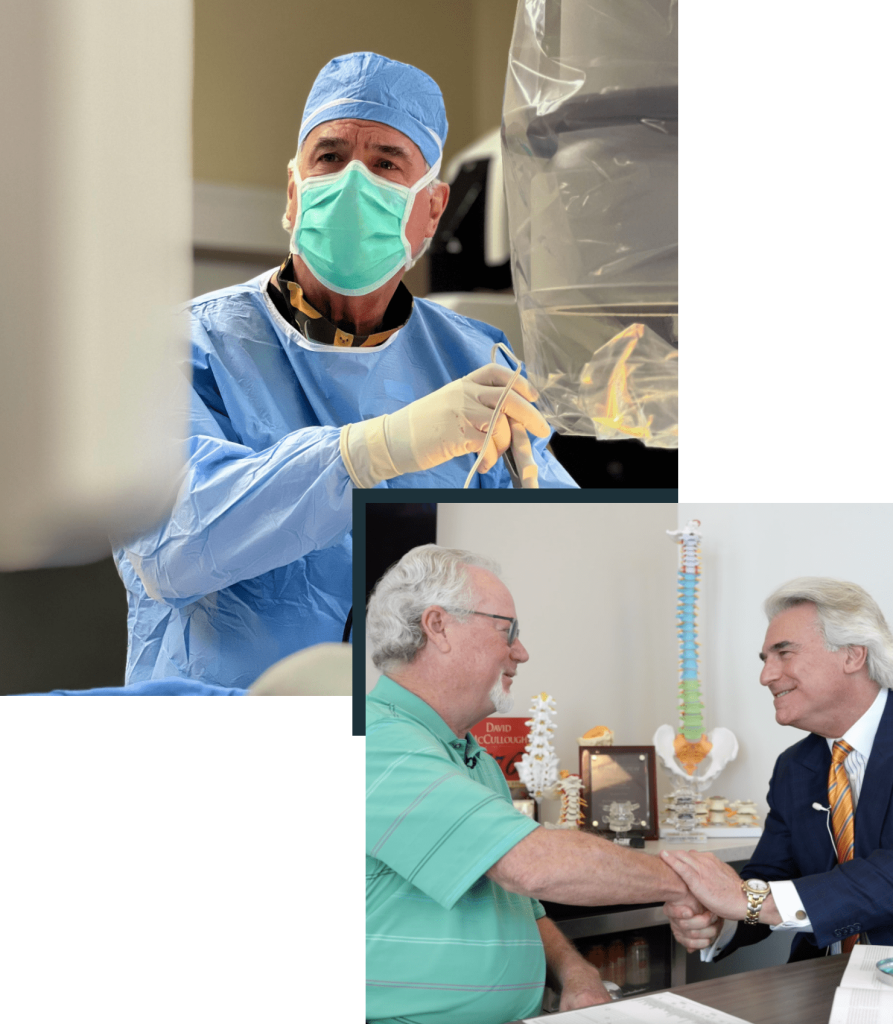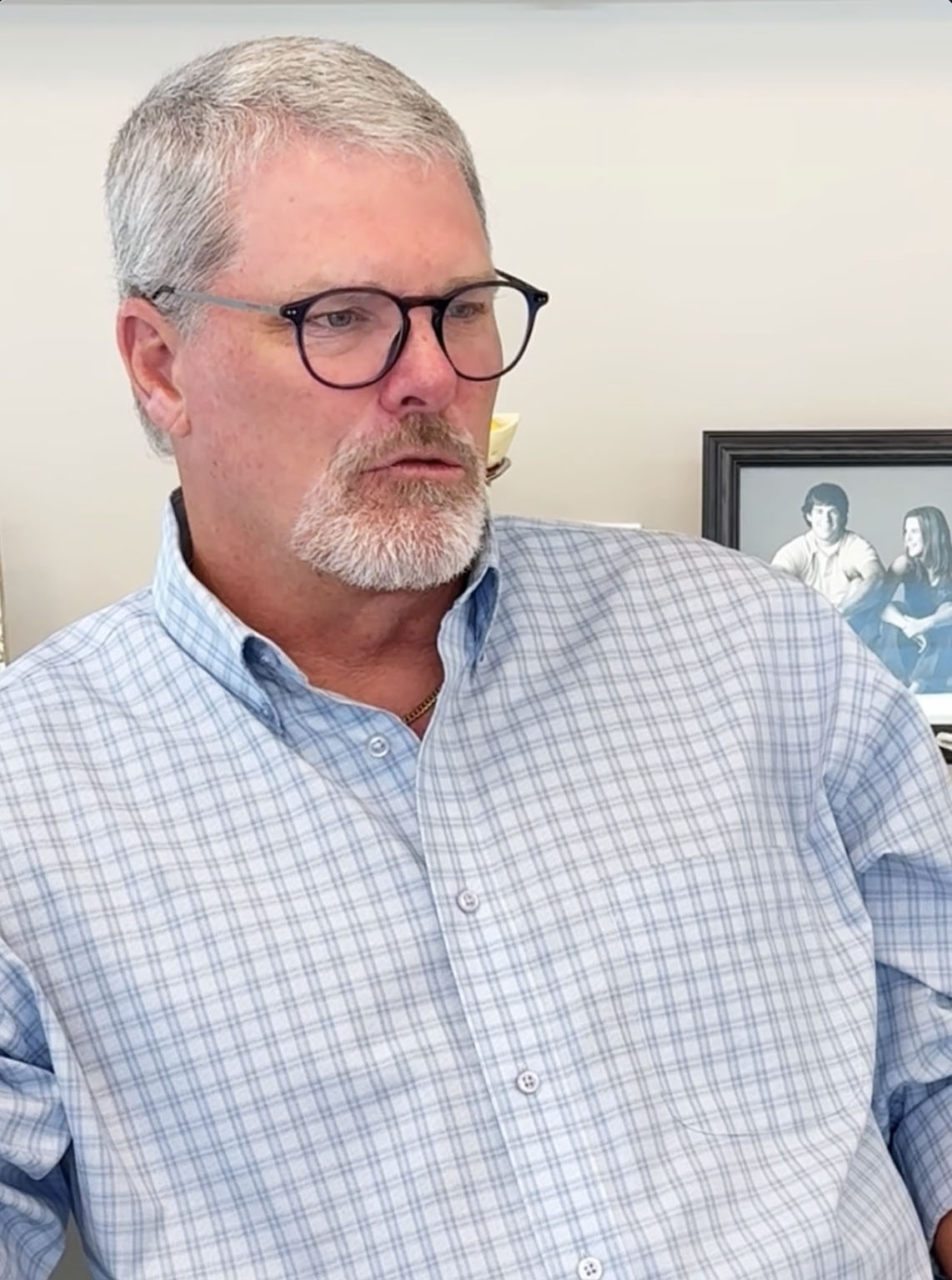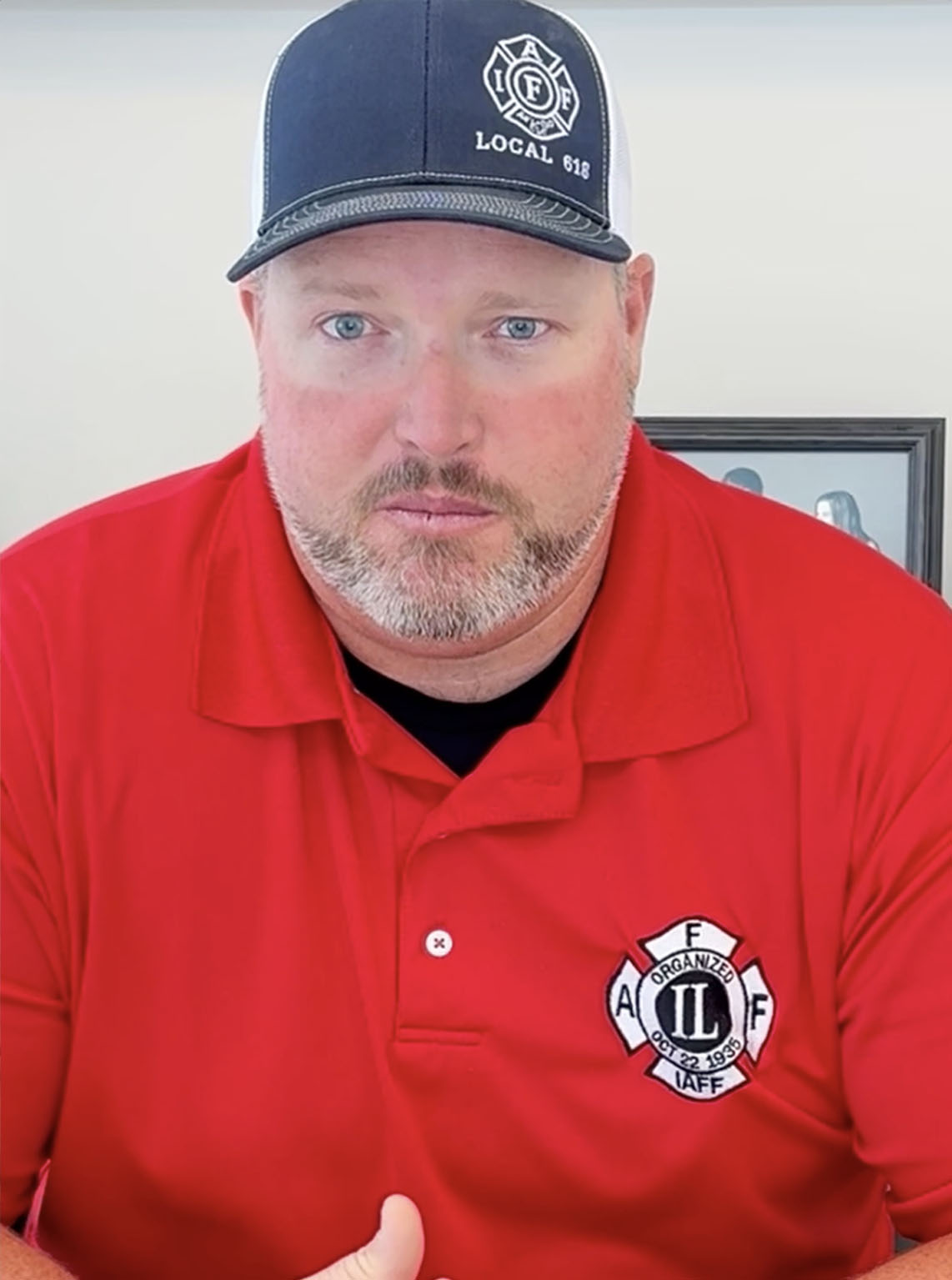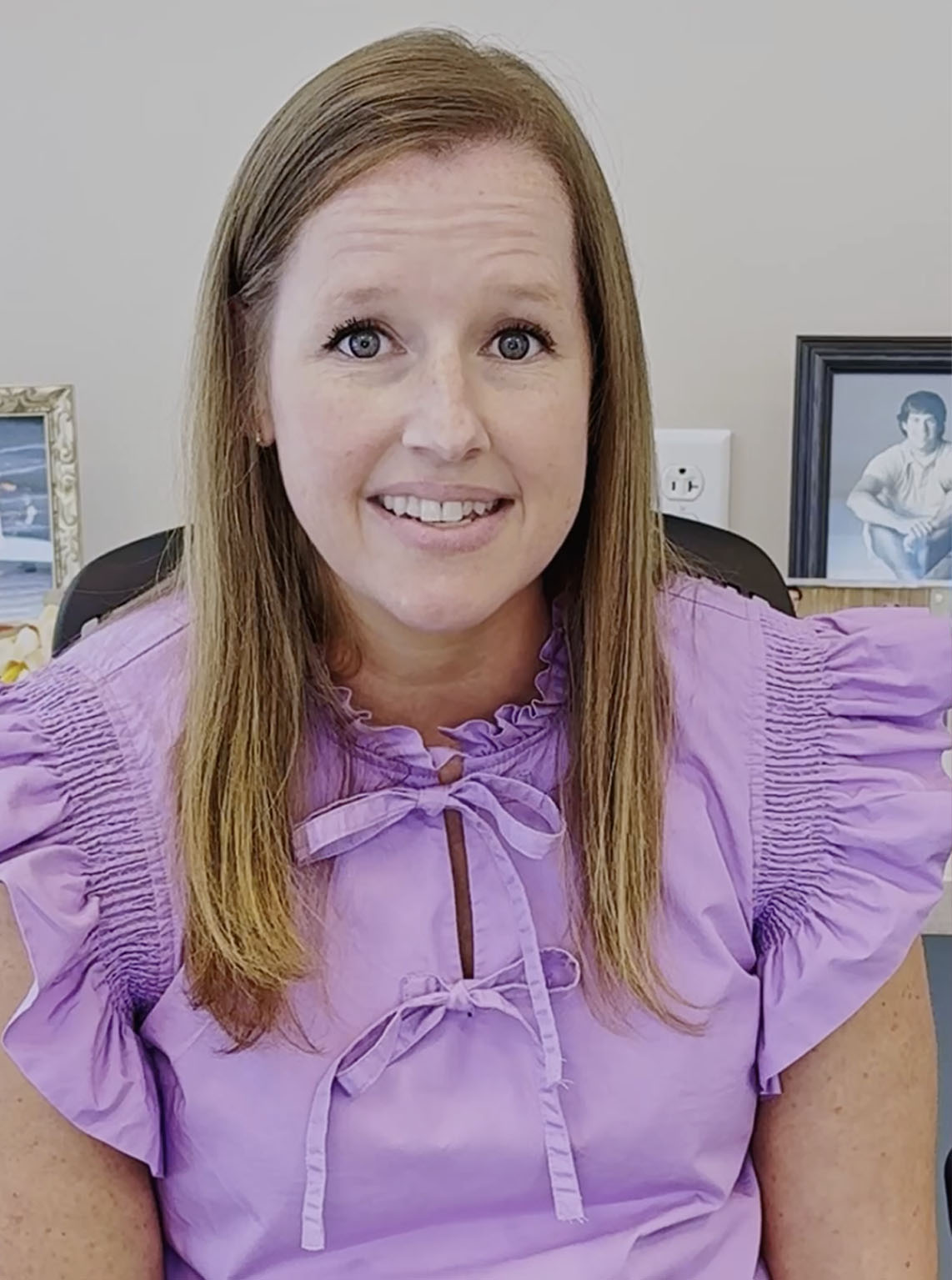SPINE CONDITIONS
WE TREAT

OUR APPROACH
PERSONALIZED,
PRECISION-DRIVEN CARE
At Peloza Spine, we believe that every patient deserves a treatment plan tailored to their unique needs. Using cutting-edge diagnostics, the latest surgical innovations, and a commitment to motion preservation, we focus on delivering the least invasive, most effective solutions. Whether through advanced minimally invasive surgery or non-surgical treatments, our goal is simple—restore movement, eliminate pain, and help you get back to living fully.
PRESERVE MOTION. RESTORE FUNCTION.
MECHANICAL PAIN
Mechanical pain is typically caused by strain, degeneration, or structural issues in the spine. It often results from aging, wear and tear, repetitive motion, or injury—and is commonly felt during physical activity and relieved by rest. These conditions can affect discs, joints, and supporting muscles.
DEGENERATIVE DISC DISEASE
A condition where spinal discs wear down over time, leading to pain, stiffness, and reduced mobility.
FACET JOINT SYNDROME
Caused by degeneration in the joints between vertebrae, resulting in localized back or neck pain.
Herniated Disc
When the soft center of a spinal disc pushes through a crack, causing pain and nerve irritation.
Sacroiliac Joint Dysfunction
Pain originating from the joint connecting the spine and pelvis, often felt in the lower back or buttocks.
Scoliosis
A sideways curvature of the spine that can lead to postural changes and chronic discomfort.
Spondylosis
Age-related wear and tear on spinal discs and joints, often leading to stiffness and pain.
RADICULAR PAIN
Radicular pain occurs when a spinal nerve is compressed, irritated, or inflamed—often due to a herniated disc or narrowing of the spinal canal. It typically radiates from the spine into the arms or legs, causing sharp, burning, or shooting sensations. These symptoms can interfere with daily activities and impact quality of life.
HERNIATED DISC WITH
NERVE COMPRESSION
A disc protrusion that presses on a nearby nerve root, causing radiating pain or numbness.
SCIATICA
Pain that travels along the sciatic nerve, often caused by a lumbar disc issue or spinal narrowing.
Radiculopathy
A condition where a nerve root is pinched or inflamed, resulting in pain, tingling, or weakness.
Spinal Stenosis
Narrowing of the spinal canal that puts pressure on the nerves, typically in the lower back or neck.
Foraminal Stenosis
A form of spinal stenosis where nerve passageways are narrowed, leading to nerve compression.
MYELOPATHIC PAIN
Myelopathy refers to spinal cord compression caused by disc herniations, bone spurs, tumors, or other degenerative conditions. Symptoms may include coordination issues, weakness, numbness, or difficulty walking. Because this type of pain involves the spinal cord itself, early diagnosis and treatment are crucial to prevent permanent damage.
CERVICAL MYELOPATHY
Compression of the spinal cord in the neck, affecting hand function, balance, and coordination.
THORACIC MYELOPATHY
Mid-back spinal cord compression, leading to gait disturbances, sensory issues, and weakness.
Spinal Tumors
Abnormal growths in or around the spinal cord that can lead to pain, weakness, or neurological decline.
Spinal Cord Compression
A serious condition where pressure on the spinal cord causes pain, loss of function, or paralysis.
CLAUDICATION
Claudication is pain or cramping in the legs triggered by walking or activity, typically caused by reduced blood flow or nerve compression in the spine. It can be vascular (related to circulation) or neurogenic (related to the spine), and distinguishing between the two is essential for treatment.
VASCULAR CLAUDICATION
Pain from restricted blood flow in the legs, often due to peripheral artery disease.
LUMBAR SPINAL STENOSIS
A narrowing in the lower spinal canal that compresses nerves, causing walking-induced leg pain.
Degenerative Spondylosis
Progressive disc and joint degeneration that can result in claudication-like symptoms.
Ischemic Claudication
Pain caused by insufficient blood supply during physical activity, usually affecting the legs.
NEUROPATHIC PAIN
Neuropathic pain arises from damage or dysfunction in the nervous system itself—often after injury, surgery, or long-term nerve compression. It can present as burning, tingling, numbness, or electric shock-like sensations. This type of pain is often chronic and difficult to manage without specialized care.
FAILED BACK SURGERY SYNDROME
Persistent pain following spine surgery, often due to scarring or unresolved nerve issues.
SPINAL CORD INJURY NEUROPATHY
Chronic nerve pain resulting from injury to the spinal cord, affecting sensation and function.
FROM OUR PATIENTS
“Dr. Peloza is outstanding. His bedside manner is bar none-he's compassionate, patient, and genuinely cares about his patients. He is incredibly smart, explains things in a way that makes you feel confident and informed, and never rushes you. I wouldn't trust anyone else with my spine issues and feel very lucky to have found him.”
- Cathy C.,
“I had disabling back pain interfering with my work, my sleep, and my leisure. After consulting several excellent physicians in Dallas who all recommended complicated fusion surgery I traveled to see Dr. Peloza and had surgery without a fusion and its downrange complications. 1 month later I am pain free and once again active in all daily activities. His staff is amazing and they coordinate all aspects of your care and do a great job on Tele care as well. Dr. Peloza cares about his patient's quality of life and their perception of care. There is none better when it comes to bedside manner, patient communication, expertise in the field, and access to care. Don’t want to be another 'Postlaminectomy syndrome on chronic pain meds' - Then this is the place to trust for your care!”
- AS,
“Dr. Peloza and his staff were incredible to work with from the beginning of my diagnosis to the surgery and the aftercare. Would highly recommend him!!”
- Michael J.,
“I’m extremely pleased, I feel honored to recommend Dr. Peloza to everyone. I can actually say he saved me and changed my life. I now feel like I have a reason to get up and enjoy the beautiful day that God blessed me with.”
- Deb J.,
“I absolutely think this man is an amazing doctor! He replaced 4 discs in my C-spine and he is doing my lumbar spine very soon! I HIGHLY HIGHLY recommend him! I am so grateful for everything!”
- Cathy W.,
“Dr. Peloza is an extremely gifted surgeon and practitioner. I have recommended him to anyone who will listen to how having a disc replacement has changed my life!”
- Jacque C.,
“Dr. Peloza has been phenomenal from the first day I saw him! His extended tests helped to get a proper diagnosis, as well as he has been quick to come up with a treatment plan for me. His staff are professional, friendly, and quick to offer help. One of the best!”











